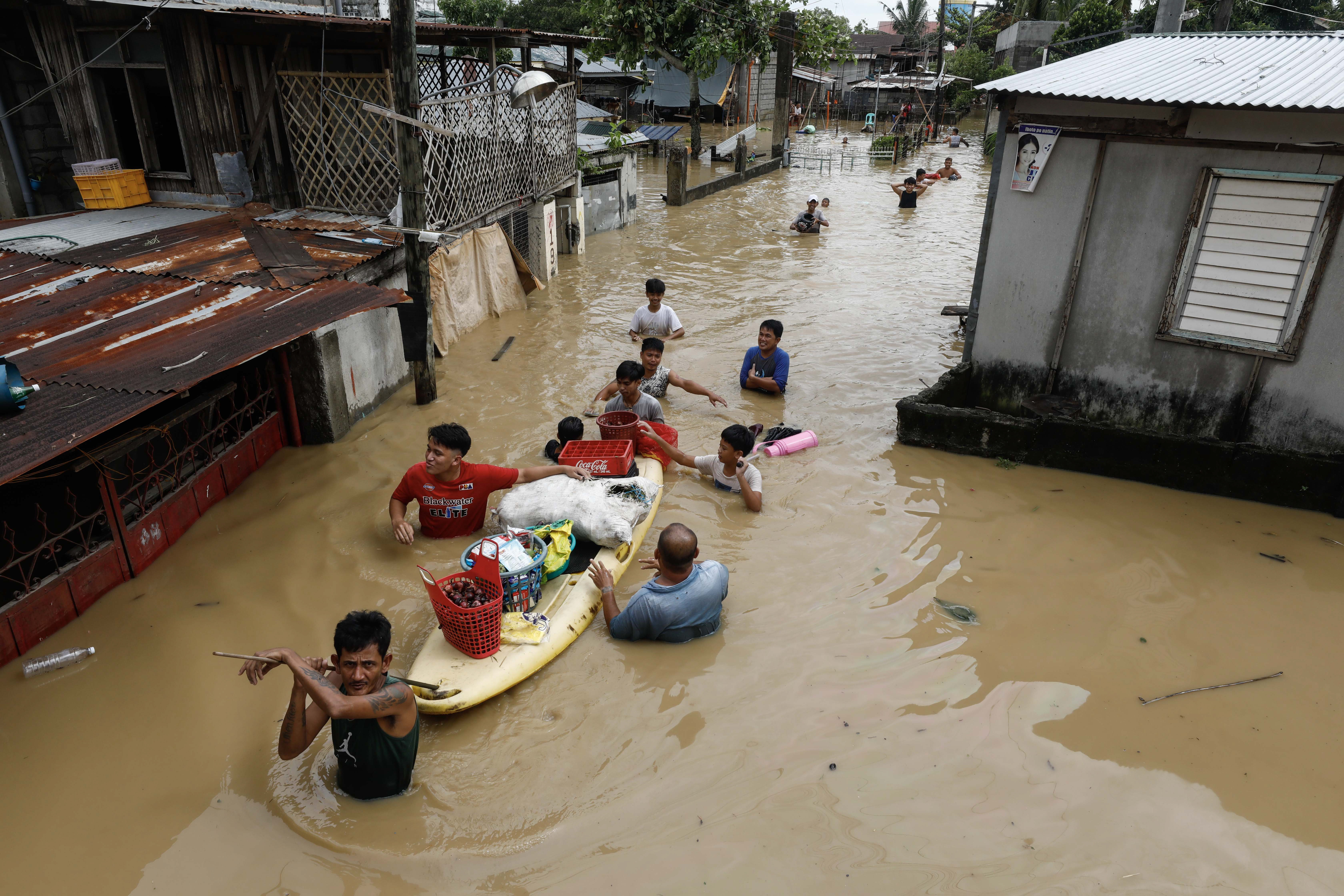Decarbonisation
A carbon tax should promote redistribution

According to Ottmar Edenhofer, the director and chief economist of the Potsdam Institute for Climate Impact Research (PiK), a carbon tax would benefit low- and middle-income countries (LMICs) in many respects. For one thing, it could counter rising greenhouse-gas emissions by making goods and services that are associated with high emissions more expensive. Edenhofer believes that this steering effect is especially important in LMICs, since they are the main drivers of the global increase in CO2 emissions.
At the same time, such a tax could also boost these countries’ total tax revenue, which is often very low. “This is a big opportunity,” Edenhofer said at the digital conference “Climate risks and policies – Towards resilient low-carbon economies” of the Poverty Reduction, Equity and Growth Network (PEGNet) in March. He argues that the revenue could be used for investments in renewable energy, as well as to achieve other goals, like the UN’s Sustainable Development Goals (SDGs).
Carbon taxes in LMICs should be progressive in order to burden rich people more than poor. Often that happens simply because the rich consume more, their mobility is more energy-intensive, or they – unlike the very poor, at any rate – possess electrical appliances like air conditioners, refrigerators and washing machines. However, Edenhofer also believes that compensation mechanisms are needed in order to ensure that the impact of carbon pricing on poor households is kept to a minimum.
The climate scientist argues that the global transformation to carbon-neutral lifestyles and economies could be made significantly more just overall if industrialised countries would better support LMICs. For example, multilateral banks could work to reduce capital costs, which are very high in many LMICs. According to Edenhofer, interest rates could be subsidised and other financial incentives could be created. “We have to focus on coal-dependent countries,” he says. These are primarily Asian countries, above all China and India, but also, for example, South Africa. Edenhofer points out that coal-dependent countries make up almost half of the global population and also global greenhouse-gas emissions.
If all of the coal-fired power plants that are currently under construction go into operation, the carbon budget that remains in order to limit global warming to 1.5 degrees Celsius would already be exceeded. “We would then be much closer to the two-degrees goal,” emphasises Edenhofer. He sees hope in the fact that coal, as an energy source, is increasingly coming under pressure, because it is becoming less and less competitive, for instance as a result of the falling cost of renewable energies. Nevertheless, the transformation will not occur on its own. “Policy action is needed.”
Mass protests
The example of Ecuador shows that reforms to energy subsidies can meet strong opposition among the people. The government withdrew its push to end subsidies for fossil fuels after protests against the plan turned violent in the fall of 2019. According to experts, the reform did not fail because of its content, but rather because of poor communication: in a study, researchers at the Mercator Research Institute on Global Commons and Climate Change (MCC) came to the conclusion that the country could end all energy subsidies and increase the real income of the poorest fifth of households by ten percent through the additional tax revenue. There would even be money left over.
According to the researchers, the most important key to success is understanding and steering the distributional impacts. In countries like Senegal and Ghana, which have dismantled energy subsidies without providing for redistribution or compensation, negative impacts have occurred. Because diesel and liquefied natural gas became more expensive, poor households in particular increasingly switched to coal or firewood, as Jan Lay of the German Institute for Global and Area Studies (GIGA) explained at the conference. Jan Steckel of the MCC added that although, on average, poverty did not rise as a result of the reform, the poorest experienced job losses and even changed their eating habits, ultimately consuming fewer calories.
Jörg Peters of the Leibniz Institute for Economic Research (RWI) does not believe that carbon pricing is the optimal climate protection instrument in developing countries. He argues that only a small portion of emissions would even be affected. For example, he points out that in sub-Saharan Africa (excluding South Africa), most emissions stem from land-use changes, followed by energy and agriculture. But only CO2 emissions in the energy sector would be taxed. Furthermore, Peters believes that the progressive concept is poorly suited to developing countries, since one per cent of the income of a rich person there is not comparable to one per cent of a poor person’s income. He feels there is a risk that the very poor would be trapped in poverty as a result of a carbon tax.
According to Peters, cash transfers could provide relief. Nevertheless, their effectiveness is strongly dependent on institutional capacities. These tend to be weak in developing countries, and the risk that the money will seep away, land in the pockets of the elite or be embezzled is correspondingly high. That being said, the researcher is not opposed to carbon pricing in general. On the contrary, he argues that climate change calls for quick action and many instruments ought to be used simultaneously.
Link
PEGNet conference: Climate risks and policies – Towards resilient low-carbon economies.
https://www.pegnet.ifw-kiel.de/conferences/climate-risks-and-policies/
Katja Dombrowski is member of the editorial team of D+C Development and Cooperation / E+Z Entwicklung und Zusammenarbeit.
euz.editor@dandc.eu














